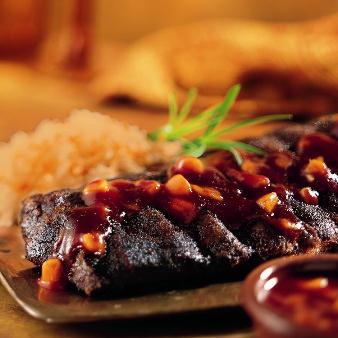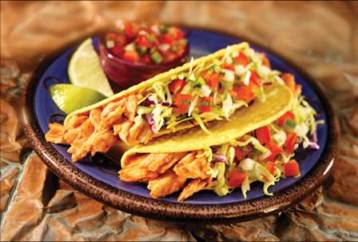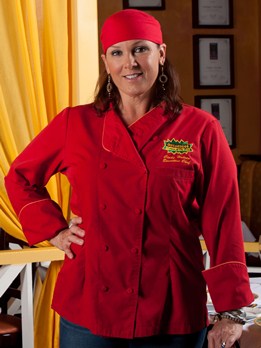American Regionalism, Consumer Control and More
Wednesday, 04 January 2012 11:00
 Mintel predicts five foodservice trends that will shape restaurant menus in 2012.
Mintel predicts five foodservice trends that will shape restaurant menus in 2012.
Competition in the foodservice industry is always fierce, and restaurant chains are constantly jockeying for business, money and attention in an overcrowded marketplace. In 2012, however, five trends outlined by Mintel Menu Insights will shape how operators appeal to their customers with regional and imported menu options, double-sided menus, customization and time-intensive preparation methods.
Eric Giandelone, foodservice director at Mintel, notes the following: “Our trends are designed to give both restaurant operators and food suppliers a thorough understanding of what’s coming in the foodservice industry. Our trends are based on original consumer research, developments among restaurants and trends observed in other industries. Our goal with these trend predictions isn’t merely to identify what’s going to happen, but to deliver a roadmap on how to take advantage of these trends.”

 Despite little change over 20 years in the healthfulness of the foods we consume, more Americans rank their diets worse. Are we more receptive today to dietary guidance?
Despite little change over 20 years in the healthfulness of the foods we consume, more Americans rank their diets worse. Are we more receptive today to dietary guidance? Technomic finds ample growth opportunities for restaurants serving the first daypart.
Technomic finds ample growth opportunities for restaurants serving the first daypart. Cindy Hutson helped start the Caribbean wave that began its sweep of the nation nearly 20 years ago. But then as now, she was about so much more. Today, she’s proving it.
Cindy Hutson helped start the Caribbean wave that began its sweep of the nation nearly 20 years ago. But then as now, she was about so much more. Today, she’s proving it. The best advantage of field trips is the range of learning that students acquire. Here are tips for maximizing their benefits.
The best advantage of field trips is the range of learning that students acquire. Here are tips for maximizing their benefits.